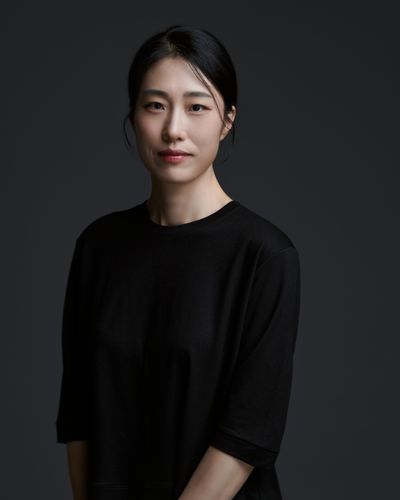YunJung Park – joining Spokane String Quartet this weekend – finds commonalties worldwide through the language of music

The black and white keys of the piano have taken YunJung Park around the world and to many places she never would have suspected.
At just 7 years old, Park began to learn the timeless instrument. She was more than a persistent student throughout her childhood in South Korea and found she couldn’t imagine herself doing anything else. By high school, she was dedicated to the art and knew it was her lifelong calling.
“You can make any sound on the piano because it’s not a melodic instrument, it’s a harmonic instrument, so whatever tune or music you like you can play on the piano and that was really cool to me,” Park said. “And I just feel like it’s related to my brain, somehow.”
And now, the piano is bringing Park to the Martin Woldson Theater at the Fox on Sunday, where she will join the Spokane String Quartet as a guest musician.
After high school, Park would soon become just as obsessed with learning as much as she could about the instrument and music itself. She became enthralled during her education at universities in South Korea as well as Germany.
Park spent about half a decade playing piano in Europe. She quickly found that musical education as well as the amount of performing opportunities in Germany was slightly different from that of Korea and was constantly playing shows – whether it was for “good grades” in school or at various venues across Europe. She played the piano throughout Germany (including Frankfurt and Düsseldorf) and into the Netherlands and Austria.
Upon returning to South Korea, she furthered her education while also meeting her husband, a biologist, who found opportunities at the University of Pennsylvania.
Despite leaving her home country and becoming a mother, Park quickly found ways to continue her musical lifestyle. She attended the renowned Peabody Institute of the John Hopkins University in Baltimore until having a second child. She then served as music director of the Swarthmore United Methodist Church in Pennsylvania.
In 2020, Park’s husband landed a job as a professor at Washington State University Medical School’s Spokane campus and the family relocated to the Lilac City.
Park has made a name for herself as one of the best pianists in the area. She has played multiple local shows (solo and chamber/small group) at places like Gonzaga University, St. John’s Cathedral, Steinway Piano Gallery as well as for Spokane Public Radio.
The group will be playing three pieces during its performance, beginning with Park playing Franz Joseph Haydn’s Sonata in C Major No. 48 solo. Although it will be the first piece to be performed on Sunday afternoon, it was the last song added to the repertoire and was at the proposal of Park who felt like a simpler, more lighthearted piece may be nice before the more intense and foreboding songs to come.
The second piece in the lineup is Johannes Brahms’ Sonata for Violin and Piano, Op. 108. Park has history with Brahms, as last year she played the entirety of his five-movement Piano Sonata No. 3.
She will play it alongside Mateusz Wolski, the quartet’s first violinist and concertmaster for the Spokane Symphony.
The third and final piece will be Robert Schumann’s Piano Quartet, Op. 47.
Although the piano has taken her around the world, most shows in the U.S. tend to go down as some of her favorites – primarily because it is not particularly customary to give standing ovations or have much crowd reaction in other places. But in the U.S., Park has found it is quite common, and she’d be lying if she said she didn’t enjoy it.
“I was very surprised the first time, I was like ‘Why are they all standing?’ ” Park said .
Another aspect of her abroad musical lifestyle is being a non-native speaker in many countries she spends extended time in.
Although this has been challenging at times, Park said she believes one of the true reasons she continues to love the piano so deeply is because it acts as a worldwide method of artistic communication and natural understanding.
“I’m always having difficulties communicating with other languages, but in music we can communicate, even if you don’t know the music language,” Park said.